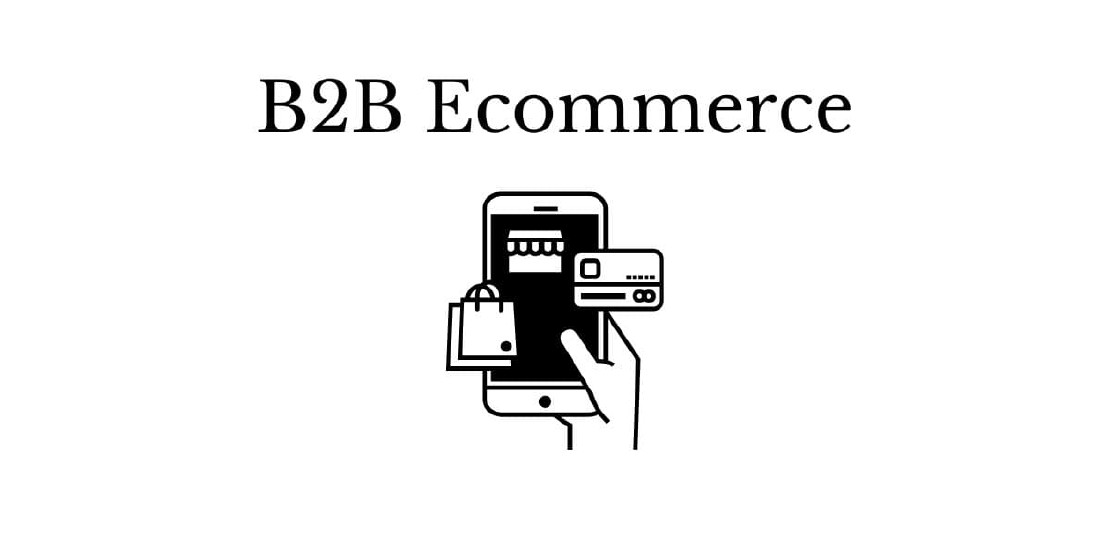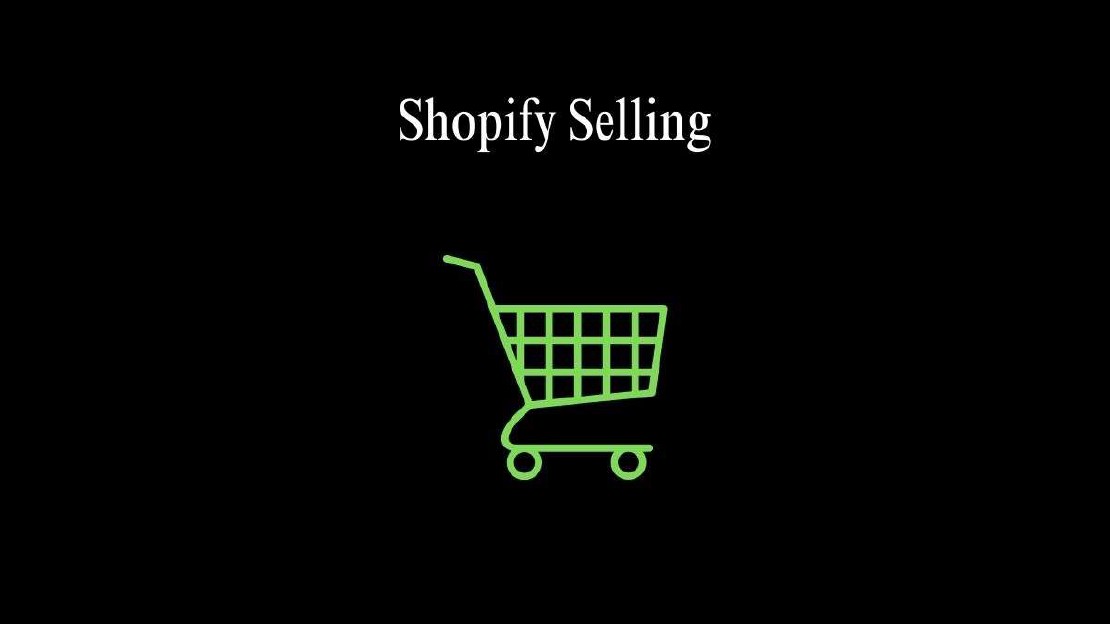8 Shopify Alternatives
In the world of e-commerce, Shopify stands out as a robust platform, but it might not be the perfect fit for everyone. Whether you’re seeking different features, better pricing, or just want to explore your options, there are several excellent Shopify alternatives available.
While selling on Shopify can be lucrative, it’s crucial to continuously innovate and optimize your approach to stay ahead in the competitive e-commerce landscape. The key lies in strategic planning, effective marketing, and a deep understanding of your target audience. Leveraging Shopify’s powerful ecosystem of apps and integrations is undoubtedly advantageous for scaling your business and optimizing operations.
However, staying competitive requires continuous adaptation and innovation. Therefore, finding information and tips about eccomerce is imperative. So that you can continuously refining your product offerings, optimizing your website for conversions, and harnessing data-driven insights to make informed decisions. Moreover, nurturing customer relationships through personalized experiences and exceptional service will set your store apart in the crowded e-commerce landscape.
8 Shopify Alternatives
As you many know, launching an e-commerce store is not a easy task. It comes with ups and downs. As noted, Shopify is a juggernaut in the world of ecommerce. But its not for everyone. Therefore, before we dive into the alternatives, lets explore reasons you might consider leaving Shopify. While Shopify offers a comprehensive solution for e-commerce, it comes with its own set of limitations. The pricing structure, transaction fees, and sometimes overwhelming complexity can deter small business owners or those new to e-commerce.
1. Wix.com
Why Choose Wix Over Shopify? Wix is a versatile website builder that caters to various needs, including e-commerce. It’s particularly appealing because of its drag-and-drop interface, which makes it incredibly easy to use, even for beginners. Wix also offers a wide range of templates and design flexibility that can help your online store stand out.
Advantages of Wix:
- Ease of Use: Wix’s intuitive interface is perfect for those who want to create a website without coding knowledge.
- Customization: A plethora of templates and design tools allow for a high level of customization.
- Pricing: Competitive pricing plans that cater to different needs, often lower than Shopify.
- App Market: A wide range of apps to enhance functionality, from SEO tools to e-commerce widgets.
If you’re looking for an easy-to-use platform with a high degree of customization, Wix is an excellent Shopify alternative.
2. Sellfy.com
Sellfy is designed with creators in mind, making it a fantastic option for those who sell digital products, subscriptions, or physical goods. Its simplicity and focus on ease of use make it a standout alternative to Shopify.
Features and Benefits of Sellfy
- User-Friendly: Simple setup and user-friendly interface.
- Digital Products: Excellent for selling digital goods with built-in tools for handling file downloads and subscriptions.
- Marketing Tools: Integrated marketing features like email campaigns and upselling.
- Affordable Pricing: Transparent and affordable pricing plans.
For creators looking to sell digital products or who want a streamlined e-commerce solution, Sellfy offers a compelling alternative to Shopify.
3. Squarespace.com
Why is Squarespace popular? Squarespace is renowned for its stunning design templates and professional look. It’s a solid choice for businesses that prioritize aesthetics and design flexibility in their online presence.
Squarespace Key Components:
- Design Templates: High-quality, professional design templates.
- Integration: Seamless integration with various third-party services.
- E-commerce Capabilities: Robust e-commerce tools for product management, inventory tracking, and more.
- Customer Support: Excellent customer support and extensive tutorials.
If your primary focus is on having a visually appealing online store, Squarespace is an excellent choice that doesn’t compromise on functionality.
4. Volusion.com
Should you pick Volusion over Shopify? Volusion offers a comprehensive set of e-commerce tools that can cater to businesses of all sizes. It’s particularly strong in inventory management and analytics, making it a great choice for data-driven business owners.
Essential VolusionResources:
- Inventory Management: Advanced inventory management tools.
- Analytics: In-depth analytics and reporting features.
- Payment Options: Multiple payment gateways supported.
- Customer Service: Strong customer support and resources.
For those who need powerful inventory and analytics tools, Volusion provides an all-in-one e-commerce solution that rivals Shopify.
5. Weebly.com
Weebly is an easy-to-use website builder that offers a range of e-commerce features. It’s particularly suitable for small businesses or startups due to its affordability and straightforward interface.
Benefits of Building Websites on Weebly:
- Ease of Use: Drag-and-drop builder that’s very beginner-friendly.
- Affordability: Competitive pricing, making it accessible for small businesses.
- E-commerce Features: Comprehensive e-commerce tools including product options, inventory management, and more.
- App Center: Access to a variety of apps to enhance your store’s functionality.
Weebly is a fantastic Shopify alternative for small businesses or startups looking for an easy-to-use and cost-effective solution.
6. OpenCart.com
OpenCart is an open-source e-commerce platform, offering maximum flexibility and control. It’s ideal for those who have technical skills and want a customizable solution without the constraints of a hosted platform. Elements of OpenCart;
- Customization: Full control over your online store’s design and functionality.code spe
- Community Support: Strong community support and a wide range of extensions.
- Cost-Effective: Free to use, with the option to purchase extensions as needed.
- Multiple Stores: Ability to manage multiple stores from a single admin interface.
7. Shift4Shop.com
Shift4Shop is a versatile e-commerce platform that offers a wide range of features at a competitive price.
- Features: Shift4Shop includes features like unlimited product variants, no transaction fees, and a built-in blog. It also offers various payment gateways and robust SEO tools.
- Pricing: Shift4Shop offers a free plan if you use their payment processor, otherwise, the plans range from twenty nine to two hundred and twenty nine dollars per month. This makes it a cost-effective option for many businesses.
- Ideal For: Shift4Shop is suitable businesses of all sizes looking for a feature-rich platform without high costs. It’s particularly good for those who want to avoid transaction fees.
8. BigCommerce.com
BigCommerce is a robust platform that provides a comprehensive solution for growing businesses. It’s often compared to Shopify, but there are some key differences.
- Features: BigCommerce offers a wide range of built-in features, including advanced SEO tools, multi-channel selling, and extensive analytics. Unlike Shopify, many of these features don’t require additional apps, which can save you money.
- Pricing: BigCommerce pricing starts at twenty nine, ninety five dollars per month and goes up to two hundred ninety nine dollars and ninety five cents per month for the Pro plan. They also offer an Enterprise plan with custom pricing for larger businesses.
- Ideal For: BigCommerce is perfect for businesses looking to scale quickly without getting bogged down by add-ons. Its built-in features are particularly beneficial for those who want an all-in-one solution.
How to Enhance Your Stores Performance
Leveraging Shopify apps for customer service, inventory management, and marketing can significantly enhance your store’s performance. By staying adaptable and open to new tools and strategies, you can ensure sustained success and deliver an exceptional shopping experience that keeps customers coming back.
Recent Posts

- Ecommerce
B2B Ecommerce Business Components
In today’s fast-paced business world, B2B ecommerce isn’t just a passing trend, it is a smart move that helps businesses grow, scale, and reach customers …

- Ecommerce
Most Effective Shopify Apps
Shopify apps are software extensions designed to improve or add specific features to a Shopify store. They enable store owners to extend the functionality of …

- Ecommerce
How to Sell on Shopify
Launching a shopify store can be daunting. As a leading e-commerce platform, Shopify has revolutionized the way entrepreneurs sell products online. Shopify …
